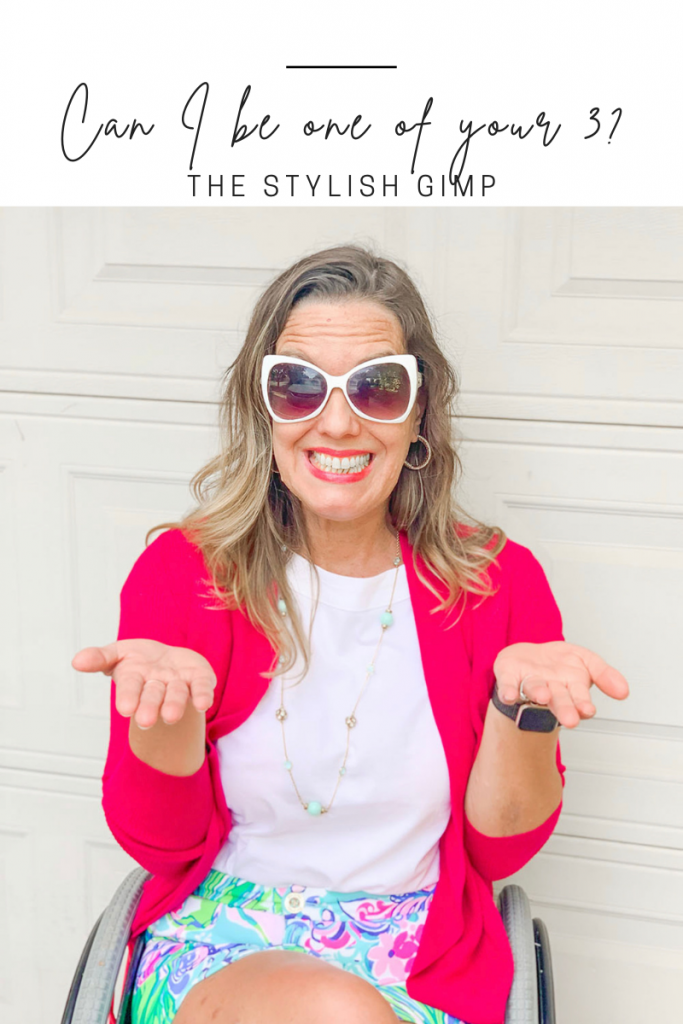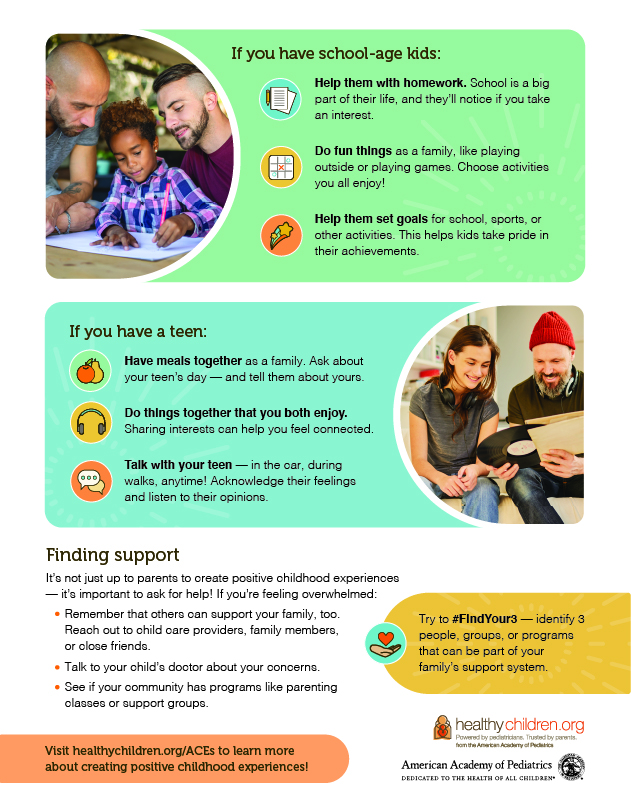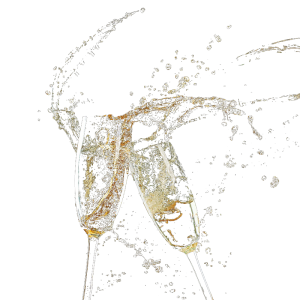This post is made possible with support from the American Academy of Pediatrics through a cooperative agreement with the Centers for Disease Control and Prevention. All opinions are my own.
So it begins…
When my kids came home for spring break back in March, I never imagined our world would be making history. I was aware of the virus and how many other countries had shut down, so I knew they would be home longer than a week. I was unprepared for them to start school from home, and even more unprepared for them still to be home as we approach the holiday season.
We are lucky, unlike many families across the world. We have a pool in our backyard, and plenty of room for the kids to run around and burn off energy. We also have a greenbelt they can safely explore while still safely distancing from other people.
My middle and my youngest have only left the house 2-3 times since March, each time never actually getting out of the vehicle.
Adverse Childhood Experiences (ACEs)
Where am I going with this? Well, I’m not here to talk about the virus. Not really. I am here to talk about ACEs and how they affect kids. First of all, ACEs stands for Adverse Childhood Experiences and these are potentially traumatic experiences in childhood . Some examples of ACEs are divorce, abuse/neglect, or losing a parent or sibling. These events are confusing for kids and they don’t know how to process things so they react by throwing what we see as a tantrum or disobedience. But the problem goes beyond the moment. Experiencing something traumatic can eventually even lead to alcohol abuse, drug abuse, and depression. This is just scratching the surface on the topic (and you can get more information in that link at the beginning of the paragraph if you suspect you or your child has experienced ACEs), but we all need to be aware it exists. We can all do our part to help our kids deal with a very real, very unexpected life event. We all know what stress feels like from the pandemic. Now imagine the stress of experiencing ACEs.
What can you and I do to help? You can #findyour3 and you can be part of someone’s “three”—Three people, groups, or programs that can be a part of your support system. Support systems can prevent ACEs. This, of course, is more difficult right now, due to social distancing, but just lending an ear can make a world of difference for another person. I also believe establishing a routine has been wonderful for my family.
I also have friends I can talk to so my kids don’t see me stressed, and my husband and I also still make time for each other. We go for car rides and have at-home date nights. You can also help people make that kind of space in their life.
I’m here if you need to talk to a friend. Always.

Ways to help
So what are we doing to help our kids? We have our “three” (our support system), but we also have three things we always do that are helping our kids. It’s mostly just keeping the same routine we had before, but a consistent routine can make a world of difference for kids of all ages. Feel free to use any of these ideas to support another person if you’re becoming part of someone else’s “three.” Especially the third one.
- I’m proud to say our family has always eaten dinner together. We started it when our oldest was an infant. I would feed him while I ate dinner. As he grew, he always ate dinner with us. This continued even as we had a 2nd and 3rd child. I can count on my hand the number of times we don’t eat together in any given year. It’s even more important this year, as their daytime schedules have changed multiple times, and it makes it impossible for us to eat lunch or breakfast together.
- Bedtime routines have not changed. They don’t even change during the summer. The kids get a good night’s sleep and are well-rested for whatever the new day may bring.
- We are always available to talk. If our kids need anything or just need to get something off their chest, they know they can come to us about the little tiny things and the really big things. They know we are a safe place, and we will always do whatever it is we need to help them through anything. It’s a good feeling to know your kids love and trust you.
Tell me how you will “be the three” ?
How will you “be the three” this holiday season and help build safe, stable, and nurturing relationships and environments?



Leave a Reply